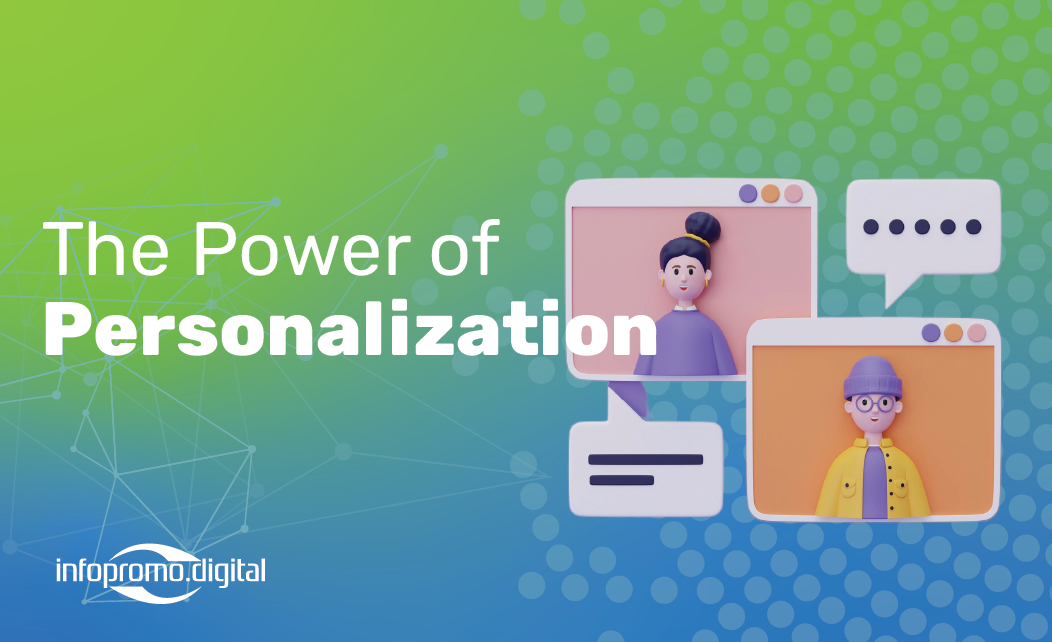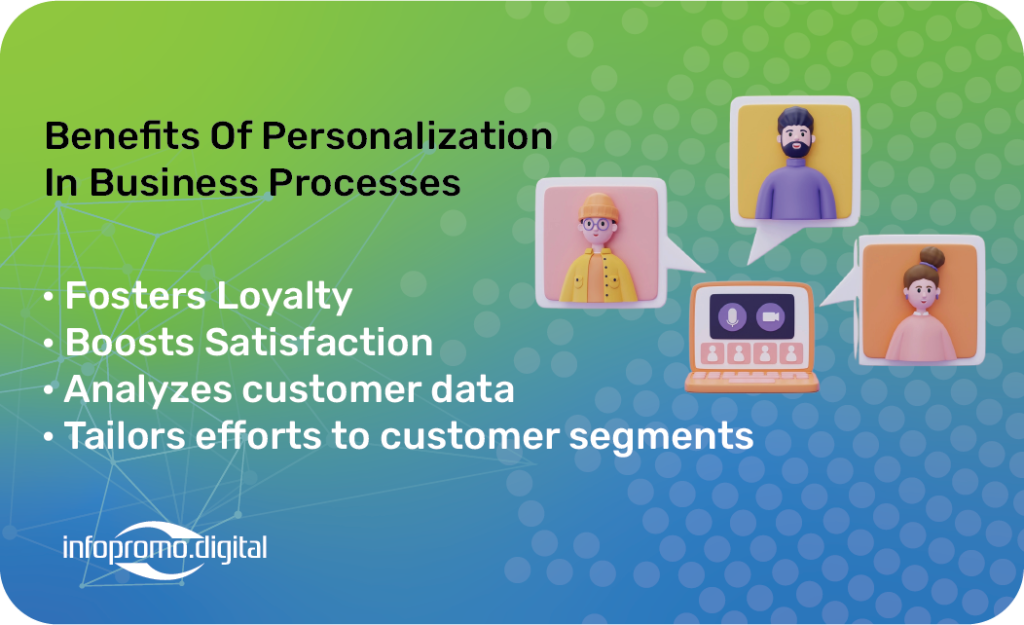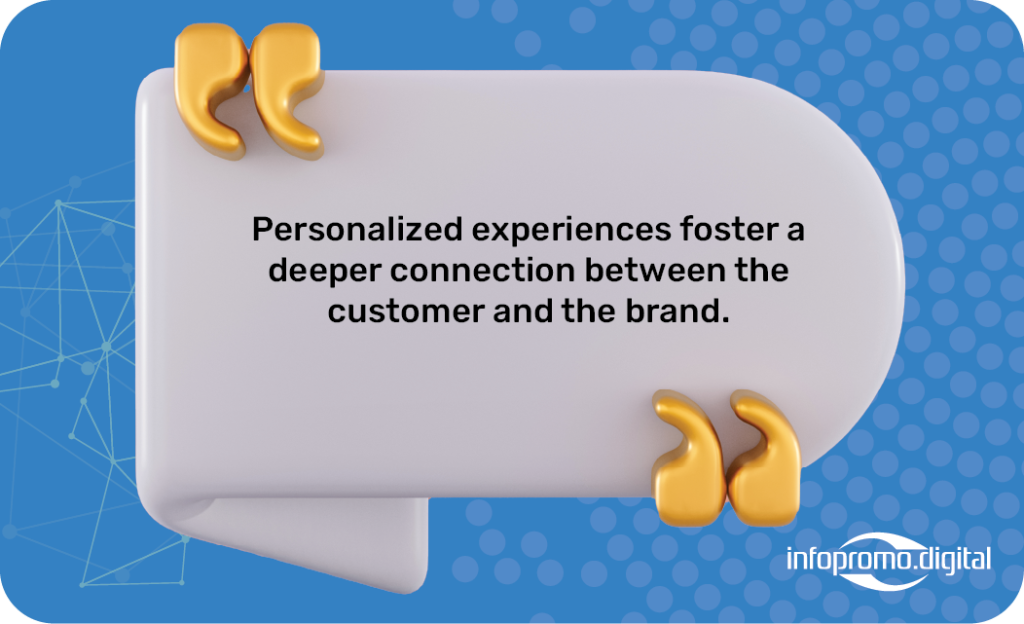
In an increasingly competitive market, businesses are constantly seeking ways to stand out and create lasting relationships with their customers. One of the most effective strategies to achieve this is through personalization. Personalized customer experiences not only drive loyalty and satisfaction but also significantly enhance engagement and conversion rates. This blog delves into the power of personalization and offers practical tips on implementing effective personalization strategies.

Understanding Personalization Personalization involves tailoring products, services, and communications to meet the individual needs and preferences of customers. By leveraging data and insights, businesses can create unique experiences that resonate with each customer, making them feel valued and understood. Personalization can take many forms, from personalized email campaigns and product recommendations to customized website experiences and targeted advertising.
Driving Customer Loyalty Personalized experiences foster a deeper connection between the customer and the brand. When customers feel that a business understands and anticipates their needs, they are more likely to remain loyal. For example, personalized email campaigns that address customers by their names and offer tailored product suggestions can significantly boost engagement and repeat purchases. Additionally, loyalty programs that reward customers based on their preferences and behaviors can further enhance retention.
Enhancing Customer Satisfaction Customer satisfaction is directly linked to how well a business meets the expectations of its customers. Personalization allows businesses to exceed these expectations by delivering relevant and timely experiences. For instance, e-commerce platforms that recommend products based on past purchases and browsing behavior can provide a more satisfying shopping experience. Similarly, personalized customer service, where agents have access to a customer’s history and preferences, can resolve issues more efficiently and effectively.
Implementing Personalization Strategies To harness the power of personalization, businesses need to adopt a data-driven approach. Here are some practical tips for implementing effective personalization strategies:
- Collect and Analyze Data: Gather data from various touchpoints, including website interactions, purchase history, and social media engagement. Use this data to identify patterns and preferences.
- Segment Your Audience: Divide your customer base into segments based on common characteristics and behaviors. This allows for more targeted and relevant personalization efforts.
- Leverage Technology: Utilize personalization tools and platforms that automate the process of delivering tailored experiences. AI and machine learning can significantly enhance personalization efforts by providing real-time recommendations.
- Test and Optimize: Continuously test different personalization tactics and measure their impact on customer engagement and satisfaction. Use these insights to refine and improve your strategies.
- Ensure Privacy and Transparency: Be transparent about how you collect and use customer data. Ensure that your personalization efforts comply with privacy regulations and build trust with your customers.

Conclusion The power of personalization lies in its ability to create meaningful connections with customers, driving loyalty and satisfaction. By implementing effective personalization strategies, businesses can deliver unique experiences that resonate with their audience and set themselves apart in a crowded market. Embrace the potential of personalization to enhance customer engagement and achieve long-term success.




